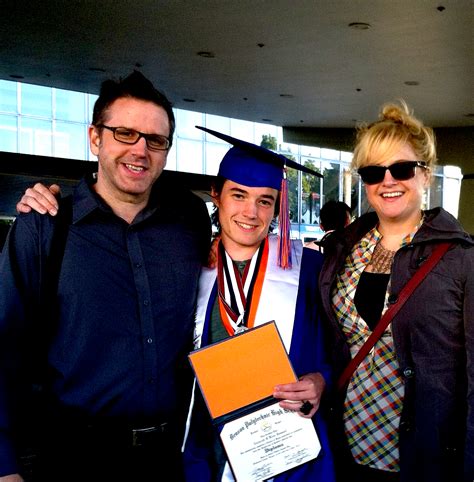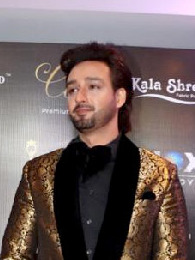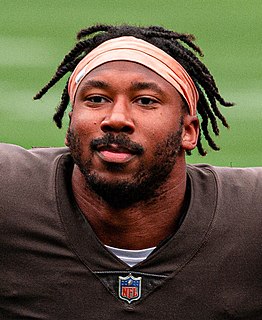A Quote by Kevin Sampsell
There are definitely some tricks and techniques to a good reading. Rewarding the audience that shows up to your reading is very important and you can't be boring or ungrateful.
Related Quotes
Reading changes your life. Reading unlocks worlds unknown or forgotten, taking travelers around the world and through time. Reading helps you escape the confines of school and pursue your own education. Through characters - the saints and the sinners, real or imagined - reading shows you how to be a better human being.
The art of not reading is a very important one. It consists in not taking an interest in whatever may be engaging the attention of the general public at any particular time. When some political or ecclesiastical pamphlet, or novel, or poem is making a great commotion, you should remember that he who writes for fools always finds a large public. A precondition for reading good books is not reading bad ones: for life is short.
For many years I was trying to find answers only through books but then I realized that basically, life is about experience and the thing that you have to do is experience life instead of only reading about it. Reading is very important, but it's not enough. After reading, you have to take some decisions in your hands and move forward and be the human being that you are, and then going and meeting people and work.
Let's face it: Most of us don't realize it, but we are failing our kids as reading role models. The best role models are in the home: brothers, fathers, grandfathers; mothers, sisters, grandmothers. Moms and dads, it's important that your kids see you reading. Not just books - reading the newspaper is good, too.
While reading writers of great formulatory power — Henry James, Santayana, Proust — I find I can scarcely get through a page without having to stop to record some lapidary sentence. Reading Henry James, for example, I have muttered to myself, "C’mon, Henry, turn down the brilliance a notch, so I can get some reading done." I may be one of a very small number of people who have developed writer’s cramp while reading.
I grew up in this household where reading was the most noble thing you could do. When I was a teenager, we would have family dinners where we all sat there reading. It wasn't because we didn't like each other. We just liked reading. The person who made my reading list until my late teen years was my mom.
I'm very pessimistic about adaptations from one medium to another. I've got a very kind of primitive, Puritan view of it. I tend to think that if something was derived for one medium, then there's no real immediate reason to think that it's necessarily going to be as good or better if adapted into another one. There have been very good stage plays that have made some very good films. But there are not so many differences between the theater and the cinema as there are between the cinema and, say, reading a book or reading a comic.






































